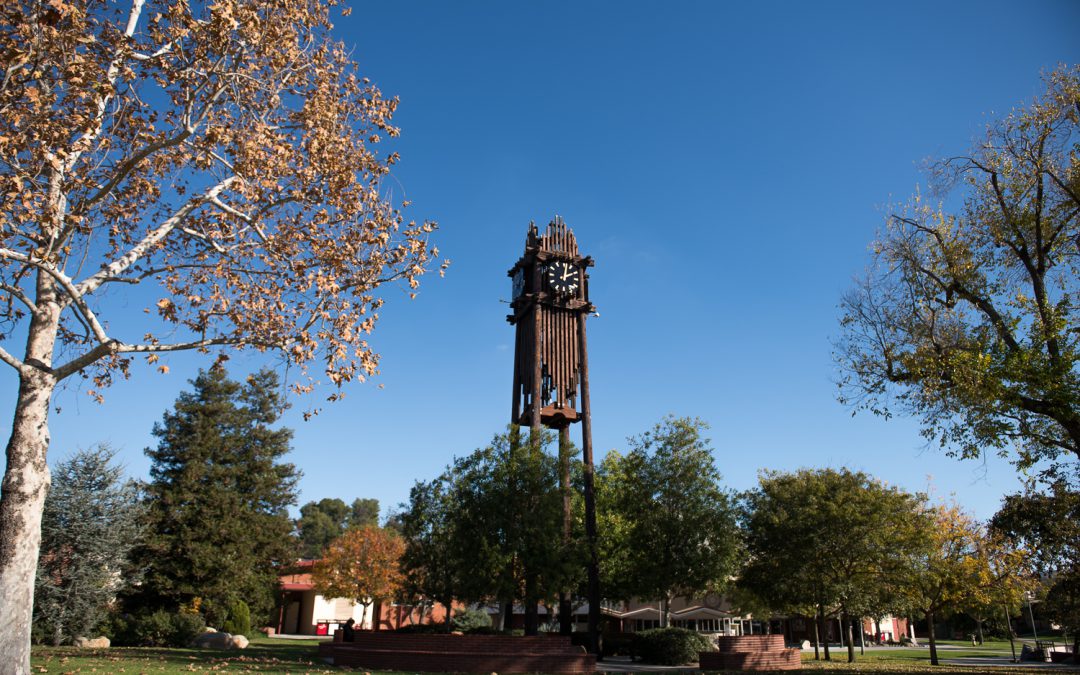Collaboration thrives as college mobilizes for all-remote learning with intensive training and innovation to ensure student success amid nationwide social distancing mandates.
SAN MARCOS — When thousands of faculty, students and staff at Palomar College were notified that instruction would move to remote delivery of courses for the rest of the spring 2020 semester, campus leaders knew the transition would be one of the most urgent challenges in the institution’s 73-year history.
Hundreds of classes would have to be moved online, necessitating a college-wide training effort, and virtually all of Palomar’s staff would have to work remotely to meet the social distancing requirements set forth by health officials.
On Monday, March 30, classes resumed online after spring break with a renewed focus on student success—a herculean effort that administrators said was indicative of what the Palomar community is capable of in times of crisis.
“Palomar is doing an extraordinary job, and it’s due to the leadership in all of our different areas, and the willingness of our people to move into the future with deep, ongoing collaboration,” said Acting Superintendent/President Dr. Jack Kahn. “The way our college has come together to make this transition happen is truly inspiring.”
While the risk of COVID-19 transmission remains high, Kahn said there have already been institutional benefits as a result of various departments rising to the occasion.
Professional development and training has increased exponentially, with faculty across the board engaged with multiple distance learning methodologies, and college staff creating new, efficient processes that will help Palomar into the future. Many of the college’s systems, from finance to technology, have strengthened by necessity to meet the crisis.
Meanwhile, a host of inspiring stories have emerged throughout the Palomar College community, from faculty sewing masks for hospitals and nursing homes to emergency grants, computers and food for students courtesy of the Palomar College Foundation and Student Life and Leadership.
For students, the impact of the changes will vary, and Palomar is taking unprecedented steps to help every student continue their education as they adjust to the stay-at-home orders.
“We have a really strong and dedicated faculty, and they are committed to making sure students are learning the objectives in their courses and preparing for their next steps, whether it’s a transfer or a job,” said Kahn.
As the situation develops, it remains to be seen when students will return to campus, although the rest of the spring semester will be held in a remote format and the May commencement ceremony has been cancelled.
“This is something that everybody’s experiencing across the country—a lot of people have not experienced online learning,” Kahn said. “But at the same time, the faculty and the students and others who have contributed to the effort have been incredibly positive and engaged in wanting to figure it out.
“It’s a process, but the attitude has been: we need to serve the students, so how do we do this? How do we get through this and keep moving forward?”

